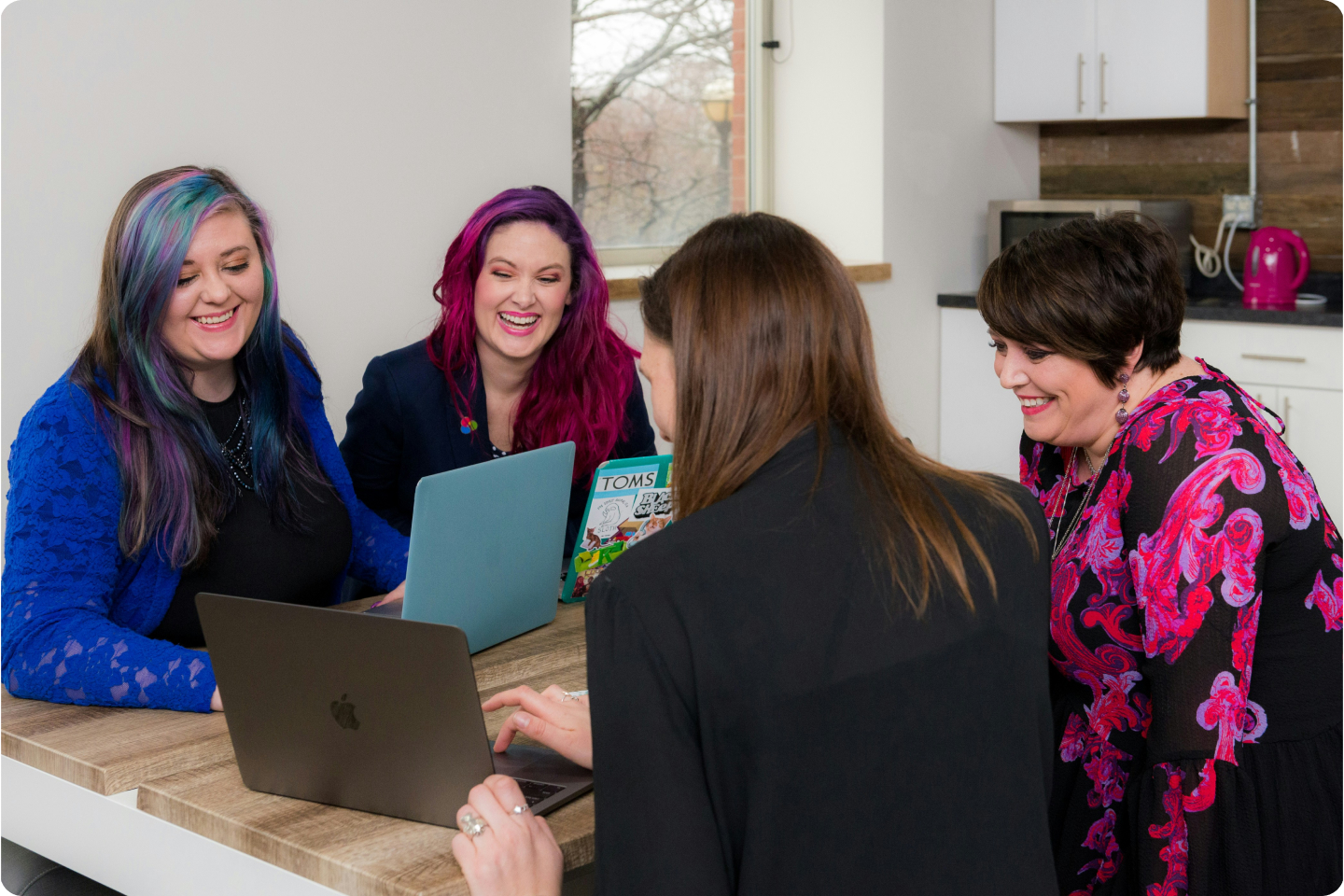All Articles
3 min read
Positive Talk About Disability in the Workplace
Written by
Jane Hutton, CEO/Founder of Evenbreak
Published on
July 4, 2024

The way we discuss disability in the workplace can significantly impact our chances of impressing potential employers. As disabled candidates, our language choices can either highlight our strengths or reinforce negative stereotypes. Here’s how to frame your disability in a positive light to improve your prospects.
Highlight the Benefits of Hiring Disabled Employees
Show Your Value
Disabled employees often make exceptional hires. On average, we are just as productive as non-disabled colleagues, sometimes even more so. We generally have fewer sick days, fewer workplace accidents, and longer job tenure. Navigating an inaccessible world equips us with valuable skills such as creative problem-solving, tenacity, negotiation, and innovation.

Counteract Negative Stereotypes
Challenge Misconceptions
Not all employers recognize the potential of disabled employees and may mistakenly view us as risky or problematic hires. It’s essential to counter these misconceptions by emphasising our strengths and demonstrating how we can contribute positively to their organisation.
Avoid Self-Sabotage in Interviews
Focus on What You Can Do
Sometimes, as disabled people, we are our own worst enemies in failing to challenge negative stereotypes of us. A while back I went to an interview with a brilliant autistic candidate. His first twenty or so sentences either began with “I can’t” or “I need”. Whilst these may have been valid comments, starting an interview by explaining to a potential employer exactly why you shouldn’t get the job is unlikely to result in success!
This candidate had so much to offer the employer, and could have been just as honest telling them what
value he would bring to the company and the role. Starting his sentences with “I can” and “I will” would have been far more positive. Asking for adjustments can come later – when the employer has already decided you are the best candidate.

Reframe Your Disability Positively
Turn Challenges into Assets
If you choose to disclose your disability, frame it in a way that highlights your strengths rather than limitations. For example:
- Instead of: “I’m autistic, so I’m useless at working in teams.”
- Say: “My autism means I pay incredible attention to detail and tend to be much more accurate than neurotypical people.”
Other examples:
- “Being Deaf means I’m really good at reading body language.”
- “Acquiring an impairment has helped me develop new skills like resilience and adaptability.”
The trick is to phrase your impairment as an asset rather than a problem.
Similarly, when asking for any adjustments you may need, this can be done positively too. “I’m afraid I will need specialist software to help me do my job,” could be rephrased as, “with the correct software in place I will be able to be effective and productive – and Access to Work will pay for the software and train me to use it.” Or even better, “in my previous role I used dictation software, paid for by Access to Work, which meant I was both quicker and more accurate than my colleagues.”
Whilst some employers are enlightened enough to be positive about disabled applicants, many others may well need challenging – in a subtle and positive way – to rethink their pre-conceived ideas about us.
For further tips, and jobs from inclusive employers who are looking to attract more disabled candidates, have a look on the Evenbreak job board, and the Career Hive.
Evenbreak is an award-winning not-for-profit specialist job board run by disabled people for disabled people
Related Articles
Top 10 Tips for Finding Work if You Are Disabled
Get That Dream Job, Asking For What You Want
Employment and Support Allowance & Permitted Work
